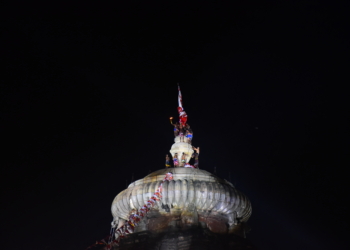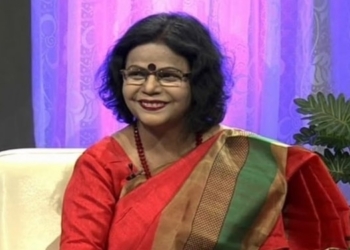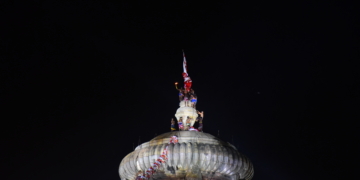AIMIM chief Asaduddin Owaisi on Saturday voiced skepticism over the long-term success of the newly brokered India-Pakistan ceasefire, asserting that peace will remain elusive as long as Pakistan continues to harbor and support terrorism.
The ceasefire understanding, announced Saturday evening by Indian Foreign Secretary Vikram Misri, followed a week-long period of intense military standoff. Under the agreement, both nations have agreed to halt all military activity on land, sea, and air from 5 PM onwards. External Affairs Minister S. Jaishankar confirmed the move, reiterating India’s unwavering position against terrorism.
Responding to the development, Owaisi said on social media platform X:
“Ceasefire or no ceasefire, we must pursue the terrorists responsible for the Pahalgam attack. There can be no permanent peace as long as Pakistan uses its territory for terrorism against India.”
He also commended the Indian armed forces, offering tributes to Army jawan M. Murali Naik and ADDC Raj Kumar Thapa, who lost their lives during the operations.
“I thank the armed forces for their bravery and skill and pay homage to all civilians affected,” he wrote.
Owaisi emphasized national unity, saying the past weeks had proven that “India is strongest when united” and cautioned against domestic political divisions that could be exploited by hostile forces.
In a pointed critique of the ceasefire’s diplomacy, the Hyderabad MP raised concerns over the role of foreign mediators, indirectly referring to U.S. involvement.
“I wish our PM had announced the ceasefire, not a foreign president. Since Simla (1972), we’ve opposed third-party mediation — why change that now?” he asked.
He further demanded transparency on whether this ceasefire comes with guarantees from Pakistan and questioned the agenda for any upcoming talks.
“What was our real objective — a Trump-brokered ceasefire or a firm deterrence to future attacks? We must keep the pressure on Pakistan internationally and continue efforts to keep it on the FATF grey list,” he stated.
While Islamabad described the deal as a formal ceasefire agreement, Indian officials maintained it was an “understanding” — a tactical move amid broader strategic calculations, especially after retaliatory Indian strikes on terror camps in Pakistan and PoK.





























